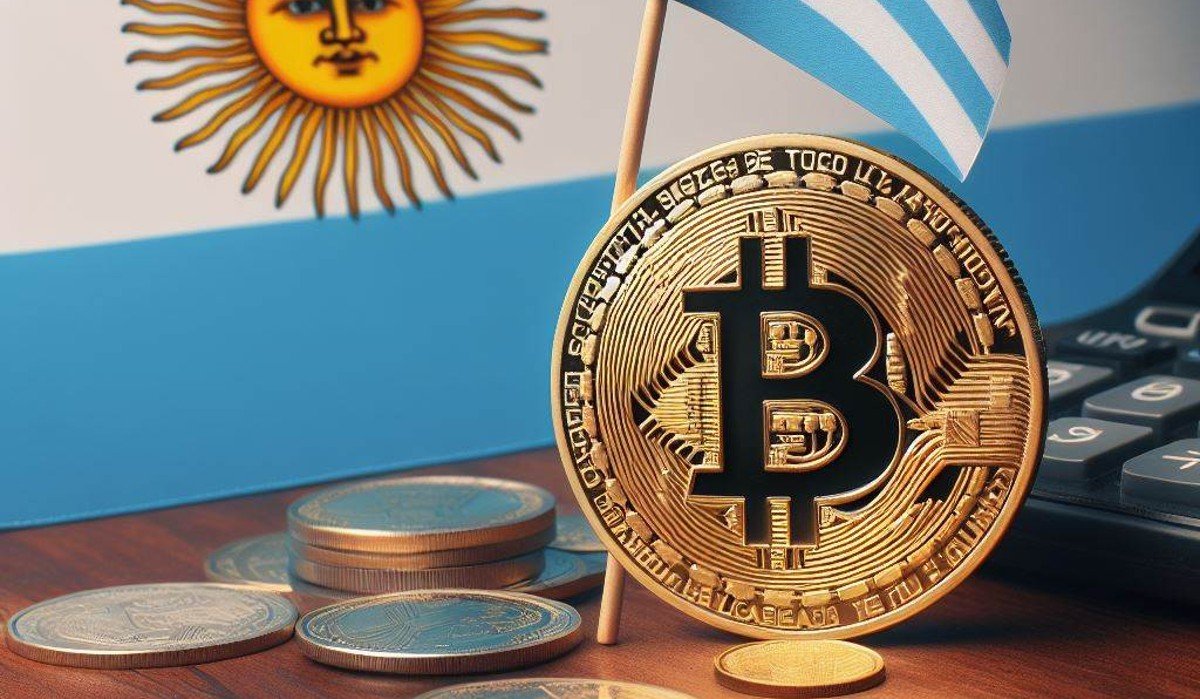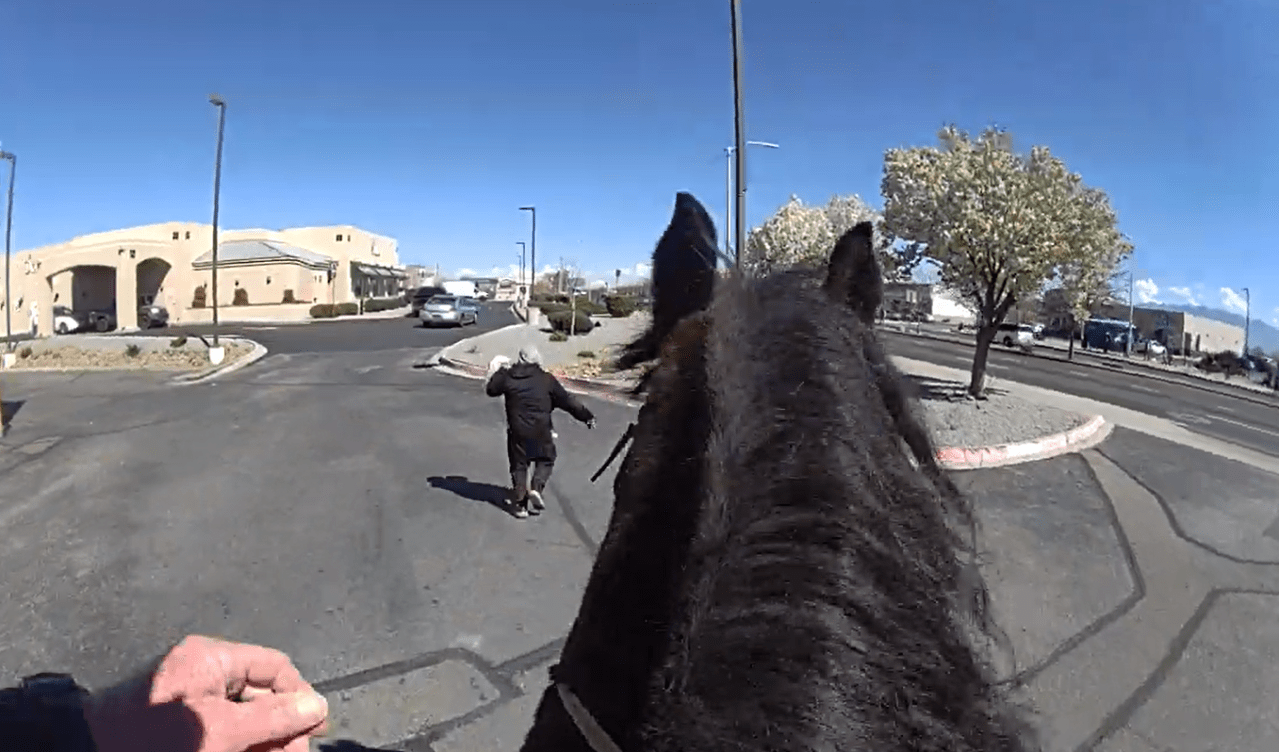Argentina’s president, Javier Meili, set aside, at least for the time being, a promise to “bring more freedom to Argentina.”
The recent announcement and subsequent regulation of a series of rules reaching companies and individuals dedicated to the buying and selling of cryptocurrencies will reduce competition in this sector. there will be a negative impact will enhance its growth and innovation and the status of its users,
In Argentina, which has seen many changes at the political and economic level in recent months, some things have remained the same. Argentina’s trend towards violating privacy continues,
The Financial Action Task Force (FATF) is behind this new rule. This intergovernmental organization, which, under the slogan of working against “money laundering, prevention of financing of terrorism” and more recently “the financing of nuclear proliferation weapons”, has been the architect of the financial monitoring system implemented throughout the world. ,
FATF recommendations, which are then incorporated into local legislation, allow governments of each country to obtain endless data about their citizens, thereby invading their privacy.
This new slap against privacy now falls on users of fintech companies who buy and sell cryptocurrencies, It’s simply the officialization of something that was already happening, but many people were unaware of it.
Money movements carried out from multifunction applications operating in the country (exchanges, third-party custodial wallets, payment cards, loans, etc.) have long been indistinguishable from traditional banking operations, except in a few cases, by the unit of account used. .
Transactions are recorded, Suspicious operations are reported, information may be leaked or may be required by a judge, assets may be seized by law or decree at any time. In other words, a Bitcoin deposit in the wallet to which you entrust the private keys does not have any special properties that money deposited in a bank does not have, or shares at a stock broker do not have.
even before the new standard The right thing for the user to do is to have zero expectation of privacy when using those services.,
unintended consequences
Not all impacts of the regulations recommended by FATF will be negative. Poorly designed regulation is always accompanied by unwanted consequences, impacts that regulators could not anticipate when they designed the standard. In some cases they are negative, such as when price controls are imposed and the controlled products disappear from the market. But it also has positive effects, at least from the perspective of privacy advocates.
The existence of Bitcoin, its accessibility and relative simplicity of its use and the invisible guarantees on property rights that exist today will begin to be given different importance by users of fintechs dedicated to the buying and selling of cryptocurrencies at a time when it is increasingly difficult to Will go. Meet the documentation and compliance requirements arising from this law.
Was there always a way?
History shows us that Humans have managed to avoid rules and restrictions that hinder free interaction. Between members of our species and those who impinge on their privacy.
There is always an option. The so-called “black markets”, simulations or the design of new technologies are some of the means we have used to avoid them.
But, when we talked about money, a special situation arose. Until the rise of Bitcoin, systems for preserving money and privacy were limited only to people with a certain level of capital. Rent a safe deposit box, or use a banking service to deposit a few hundred dollars off shore Making a $30 transaction is unprofitable for those who provide these services. Banks charge their commission and middlemen want their cut.
The emergence of Bitcoin has opened the doors to everyone who wants to preserve wealthWhether it amounts to a few hundred dollars or millions, and confidentiality, but with a mechanism that is many times beyond the reach of some people.
And this is just the first step, Or does one believe that this will be the first and last regulation by regulatory bodies in Argentina? And what if the taxpayer wants the additional share? With the creation of the category of Virtual Asset Service Providers, companies dedicated to the buying and selling of cryptocurrencies have already created corrals, their users are inside and the wolves are just starting to enter.
they didn’t realize this There was an open door in the shape of Bitcoin B,















